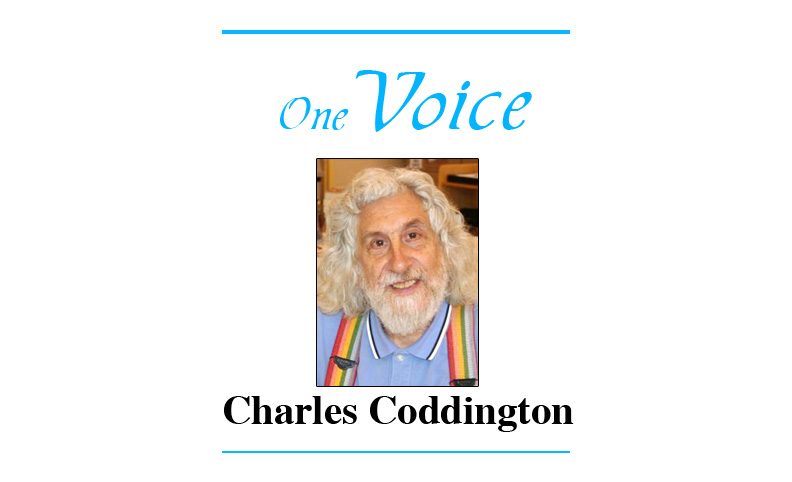
Police brutality is a fact of life.
It has been around ever since police agencies were created to enforce the laws and to protect the citizens from criminal activity. In every nation-state, in every era, one will find numerous instances of how ill-trained police officers enforced the laws, sometimes inventing laws if an appropriate one did not exist. The land of the free and the home of the brave has not been exempt from police brutality all through its short history; in fact, the rude behavior has gotten worse with each passing year.
Admittedly, people of color have been the chief victims of brutality. Two of the blackest marks on American history have been Negro slavery and Indigenous displacement. By and large, European-Americans have turned a blind eye to the accumulating injustices. In all fairness, however, official wrath has been visited upon anyone who demanded a seat at the table, regardless of race, nationality, gender, age, physical/mental state, or sexual orientation, and the protestors risked ending up in a jail cell or in a grave.
As I watched the reaction to the extra-judicial execution of George Floyd, my mind raced back to the Summer of 1968 and the Democratic National Convention in Chicago. The demonstrators were out in force protesting America’s involvement in Vietnam; they were vocal in their protests but peaceable in their actions. That did not protect them, however, from what happened next.
What happened next was a riot, a riot fomented not by the demonstrators, but by the police. Chicago mayor Richard J. Daly did not want his city to be the scene of dissent, and so he gave his police carte blanche to deal with the rabble as they saw fit. And deal with it they did – viciously. Chicago’s finest whacked everyone who fell into their line of sight, from the demonstrators themselves to innocent bystanders who were witnessing the protests to news reporters who were covering the event for their newspapers or television/radio stations.
In the Spring of 1969, my last semester at Aurora College, a fellow student in Dr. Clyde Hewitt’s historiography class related his experience in Chicago. He had been a stringer, a free-lance reporter, for the Chicago Tribune covering the protest. He too was whacked. I still remember the question he put before the class: “What do you say to your daughter when she sees her daddy getting beaten up by a police officer?”
What, indeed?
Now, the ball is in the Congress’ court. Will our so-called “elected representatives” wring their hands, pontificate, and/or cry their crocodile tears and then return to business as usual, i.e. giving away the store and seeking re-election? Or will they – gasp! – stand up and be counted?
While they are making up their minds, here are some observations the rest of us can chew on.
The police have a two-fold mission: “To serve and protect.” It says so on nearly every squad car in the nation. Police who appear on the streets of America in provocative riot gear carrying military equipment and weapons neither serve nor protect anyone. Rather, they are there looking for trouble and seize upon the least little excuse to march into action. It is legitimate for the police to monitor the behavior of large groups of people in order to ensure orderly behavior; they can do that, however, in their everyday uniforms, performing interventions where needed.
They should not be dealing with the homeless, the mentally ill, or the drug addicts, least of all arresting and jailing them. Teams of professionals ought to be working in tandem and directing these unfortunates to shelters and clinics.
Defunding the police is not a viable solution. Doing so renders them inefficient. Instead, the money used to purchase toys should be used to create community outreach programs.
All police candidates are obliged to undergo training in community relations as well as training in law enforcement. They ought to be required to undergo a thorough psychiatric evaluation and a background check. That way, we can weed out the psychopaths before they put on a uniform.
No police officer who has been found guilty of misconduct and fired should ever be allowed to apply to another law-enforcement agency. A mandatory national registry would prevent their exporting their bad behavior elsewhere.
Many police union contracts contain a section which indemnifies officers from criminal prosecution or civil suits for atrocious behavior while on duty, a concept known as qualified immunity. The Chas supports unionism. He belonged to a union while employed at the Aurora Public Library and was proud to be a member. But, he will tell you, dear reader, without hesitation, that a union contract is not a license to kill. Qualified immunity is an abomination and must be repealed. Justice in these United States demand it.
Just a thought.

